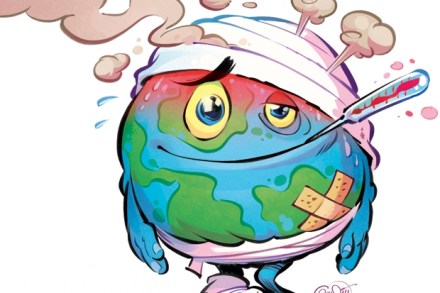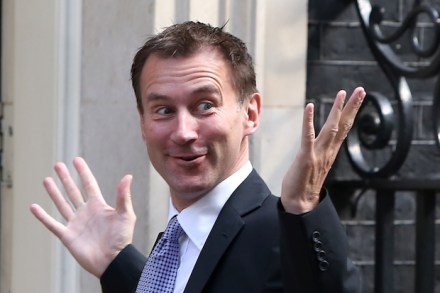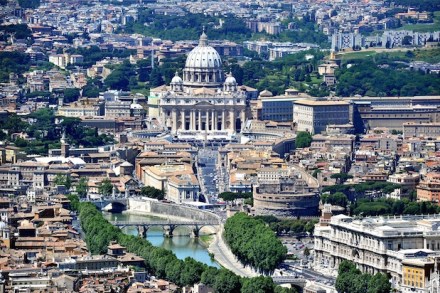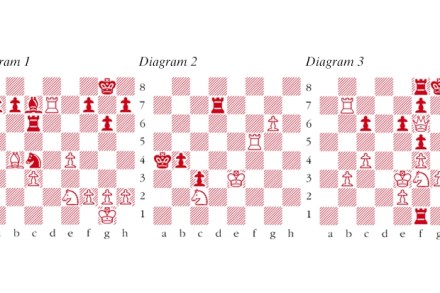Was the global warming pause a myth?
Is the world still getting warmer? If so, how fast? Has there been a global warming ‘pause’ or ‘hiatus’ or not? Or has the recent warming rate been as fast, or even faster, than that measured in the 1990s? These are fundamental questions. They depend not on the complex computer models on which scientists base their projections of the future, but on simple measurement, on readings from thermometers sited in thousands of locations across the world, on land, on buoys in the oceans and in balloons and satellites. Yet their answers are far from simple, and like many other areas of critical importance in climate science, subject to uncertainty and fierce





















